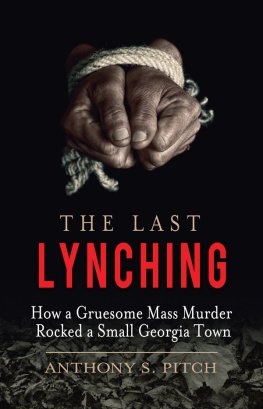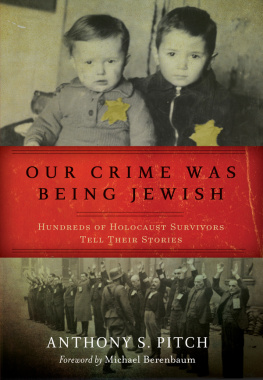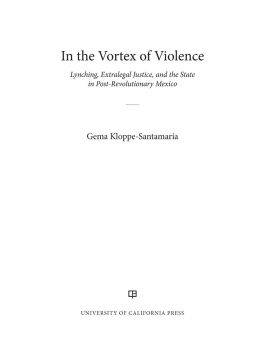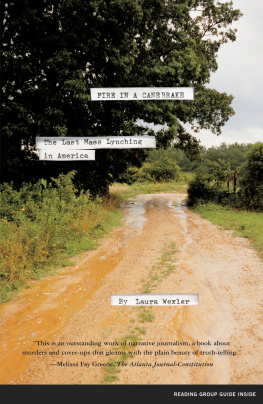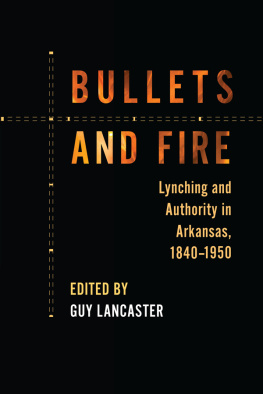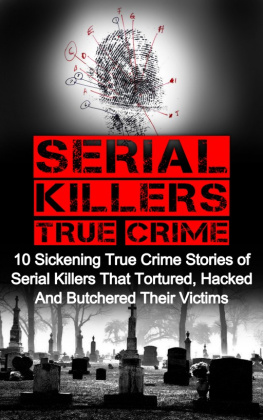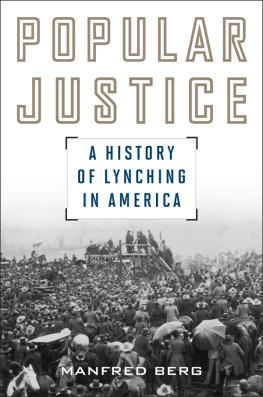Copyright 2016 by Anthony S. Pitch
All rights reserved. No part of this book may be reproduced in any manner without the express written consent of the publisher, except in the case of brief excerpts in critical reviews or articles. All inquiries should be addressed to Skyhorse Publishing, 307 West 36th Street, 11th Floor, New York, NY 10018.
Skyhorse Publishing books may be purchased in bulk at special discounts for sales promotion, corporate gifts, fund-raising, or educational purposes. Special editions can also be created to specifications. For details, contact the Special Sales Department, Skyhorse Publishing, 307 West 36th Street, 11th Floor, New York, NY 10018 or .
Skyhorse and Skyhorse Publishing are registered trademarks of Skyhorse Publishing, Inc., a Delaware corporation.
Visit our website at www.skyhorsepublishing.com.
10 9 8 7 6 5 4 3 2 1
Library of Congress Cataloging-in-Publication Data is available on file.
Cover design by Rain Saukas
Cover photo by iStock
Print ISBN: 978-1-5107-0175-5
Ebook ISBN: 978-1-5107-0176-2
Printed in the United States of America
For two very brave men: Robert Bobby Howard, civil rights activist and my guide, who endured a firebombing, jail, and other horrors; and Richard Rich Rusk, Secretary of the Moores Ford Memorial Committee and my guide, who stuck his neck out where others feared to go.
And for Joseph Joe J. Bell of the firm of Bell, Shivas & Fasolo, P.C. in Rockaway, New Jersey, for volunteering an enormous amount of work, time, and finances, and admission to the Georgia Bar solely to petition for release of the sealed testimony in the grand jury hearing.
And for my grandchildren, Kayla, Maya, and Eli, who I hope will be inspired by the above.
of this book, I describe how Roger was mistakenly charged with stealing a dog instead of intent to murder. It was human error. That is what I think happened on the marriage certificate. The FBI, attorney general, lawyers, court officials, journalists, and many others spelled the name Malcolm, and I have chosen to follow the spelling used in the vast majority of official documents.
Lynch: To murder by mob action and without lawful trial
Websters New World Dictionary of the American Language, second college edition
Irish lore claims origin of the word.
The case of James Lynch Fitzstephen, Mayor in 1493 of the town of Galway, on the west coast of Ireland, will always stand out as the supreme of implacable parental justice. It is recorded that he hanged his son for some infraction of the law from the window of his own house, which stands today as Lynchs castle, and from which incident he came down to us as lynch law.
Letter to the Editor from Jacob Lempit, NY, in the New York Times , January 7, 1934
CONTENTS
PREFACE
O ur nation cries out for arrests and justice for the heinous crime of July 25, 1946, when two African American couples were ambushed and lynched in rural Georgia. One of the victims was even a decorated veteran who had served in North Africa and the Pacific during World War II. No one, of whatever color, creed, or gender, deserves to die at the hands of a bloodthirsty mob. The foursome who lost their lives had no one to help them resist. They died as if they were wildlife. They were slain without any dignity, but their memory is enshrined by the living.
Our Declaration of Independence proclaims that all men are created equal, that they are endowed by their Creator with certain unalienable Rights, and that among these are Life, Liberty, and the pursuit of Happiness. We are a country of laws. The Bill of Rights is firm that no person should be deprived of life, liberty, or property without due process of law.
And yet four of our citizens had their lives violently ended by vigilantes. They died without the benefit of lawyers or courts, stripped of all constitutional rights, and without a shred of mercy. Laws were flouted, human beings degraded, and murder committed out of the way of witnesses. The four were left to rot and stiffen by the lazy Apalachee River while festive hunters took away ropes and shell casings as trophies.
The N-word is horrific, offensive, ugly, and degrading and has no place in our modern lexicon. However, I use it extensively throughout this text to show what was normal and in daily use in rural Georgia in 1946. To have censored or sanitized the language would have glossed over the indignities and slurs suffered by so many, and falsely portrayed the times as they were. Nothing so evokes the essence of yesteryear as the language in common use. Today the word is scorned in public utterance and is unacceptable. It is hoped that frequent use of this word will faithfully record what it was like then, not the past as heard through the ears of our present.
Lynch, incidentally, is used throughout, since the dictionary defines it as murder by mob action, and the FBI, National Association for the Advancement of Colored People (NAACP), and others referred to these murders as lynchings.
Many might ask why this story is not left alone as it might exacerbate tensions between the races. My response is simple. It is a slice of American history that deserves to be commemorated in the long narrative of who we are, what we did, and what we believe in today. The people and events described herein are authentic and real. Not a single person or episode has been tailored to make the account either more dramatic or more palatable to modern sensitivities. This is how it was, and no amount of tinkering can alter that. The facts are brought to light through about 10,000 documents from the FBI and National Archives, many obtained through the Freedom of Information Act, or declassified at my request. They form the basis and backbone of this book.
A child of this generation was surprised that time would be spent on offering up such a dated story. Why bother with the past, she asked in all seriousness, when the world is filled with so much violence today? It may seem irrelevant to someone brought up with the new phenomenon of irrational and random terrorism, where life is cheapened and vile deeds are committed in the name of religion. But this story is a part of history, which cannot be denied, and therefore deserves to be told and remembered.
Fear and terror continue to stalk the land near where the four bodies were found close to Moores Ford Bridge. When I went down to Georgia to witness the annual reenactment of the lynchings, I asked a white congregant whether he would accompany me and show the way to the scene of the crime. The man agreed, but when he found out the purpose of the visit he warned, You had better leave this place immediately. Dont answer any questions from whites. Theyll make history out of you within thirty seconds.
While I was driven by the homes of surviving children and grandchildren of the major suspects, an African American civil rights activist and passenger, who acted as guide, said we would slow down but not stop beside the residences because that would be too dangerous.
Nothing untoward happened when, accompanied by a white secretary of the Moores Ford Memorial Committee, I joined Sunday worshippers, among whose grandparents some of the suspects had knelt and prayed. But strangely, on exiting one church after a brief period inside, we found that the hood of the car belonging to the Georgian host was raised, though nothing had been tampered with.
Next, I carefully walked to the closely-dug graves of the suspects, now well-tended and silent. They are all dead and buried. If they knew anything of the lynchings, or even if they took part in mass murder by the Apalachee River, none had spoken out before they died.

